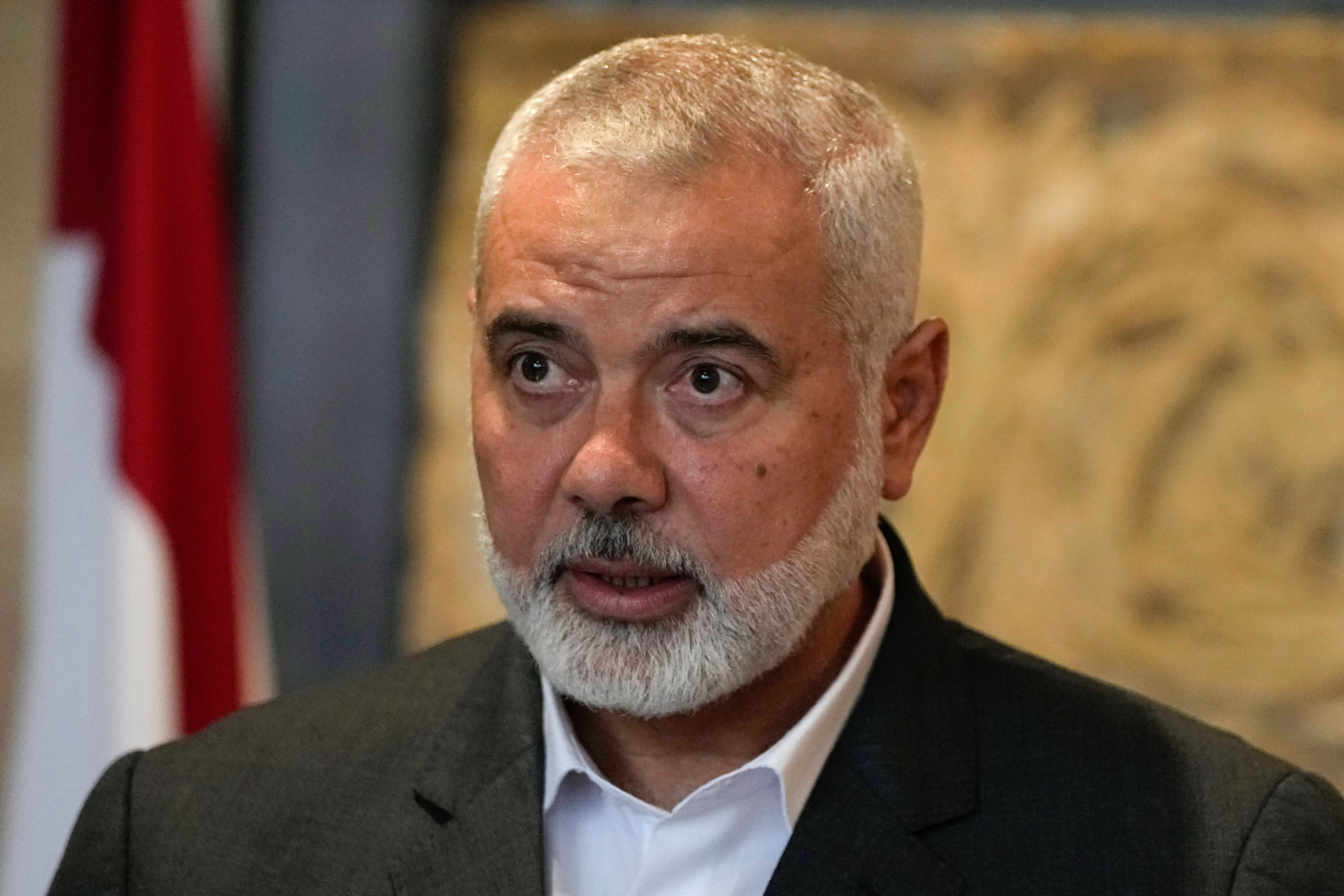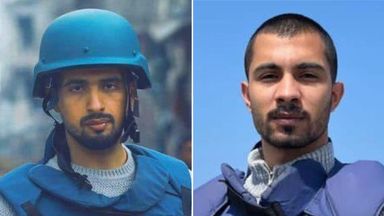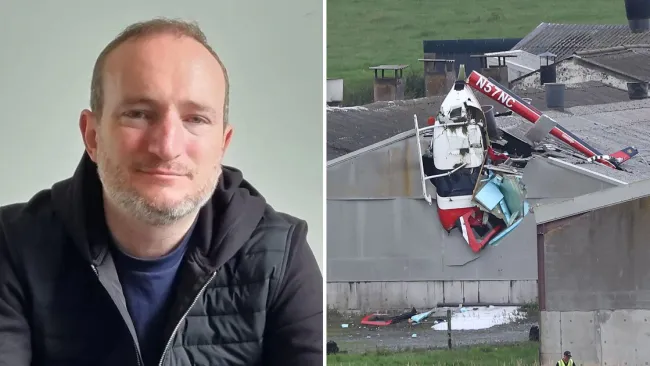Support truly
independent journalism
Support Now
Our mission is to deliver unbiased, fact-based reporting that holds power to account and exposes the truth.
Whether $5 or $50, every contribution counts.
Support us to deliver journalism without an agenda.

Louise Thomas
Editor
Iran’s Supreme Leader has issued an order for direct retaliation against Israel, following the killing of Hamas’ top political leader in Tehran – an incident that risks sparking further conflict in the Middle East.
Ayatollah Ali Khamenei, gave the order at an emergency meeting of Iran’s Supreme National Security Council on Wednesday morning, shortly after Iran announced that Ismail Haniyeh had been killed.
Three Iranian officials who were present for the meeting confirmed the news to The New York Times under the condition of anonymity.
Iran’s paramilitary Revolutionary Guard has claimed that Haniyeh was assassinated and has laid the blame for his death at the feet of Israel.
No one immediately claimed responsibility for the assassination, though Israel has previously vowed to kill Haniyeh and other leaders of Hamas over the group’s October 7 attack that killed 1,200 people and saw some 250 others taken hostage.

Israel has neither acknowledged nor denied killing Haniyeh, who was in Tehran for the inauguration of Iran’s new president, Masoud Pezeshkian.
Haniyeh’s death is potentially explosive amid the region’s volatile, intertwined conflicts because of its target, its timing and location in Tehran. Most dangerous is the potential to push Iran and Israel into direct confrontation if Iran retaliates.
The US, UK and other nations have since scrambled to prevent a wider, deadlier conflict, though US Secretary of State Anthony Blinken has denied any American knowledge or involvement in Haniyeh’s death.
In a statement on his official website, Khamenei said revenge was “our duty” and that Israel had “prepared a harsh punishment for itself” by killing “a dear guest in our home.”
In response, Israeli Prime Minister Benjamin Netanyahu said Israel “will exact a very heavy price from any aggression against us on any front" but did not mention the killing. “There are challenging days ahead,” he added.

The two nations risked plunging into war earlier this year when Israel hit Iran’s embassy in Damascus in April.
Iran retaliated, and Israel countered in an unprecedented exchange of strikes on each other’s soil, but international efforts succeeded in containing that cycle before it spun out of control.
Through almost 10 months of war in Gaza, Iran has tried to strike a balance, putting pressure on Israel with sharply increased attacks by its allies and proxy forces in the region, while avoiding an all-out war between the two nations.
Iran and the regional forces it backs — Hamas, Hezbollah in Lebanon, the Houthis in Yemen and multiple militias in Iraq — form what they call the “axis of resistance.”
Leaders of those groups were in Tehran for the inauguration of Pezeshkian on Tuesday. Haniyeh was assassinated at about 2 am local time, after attending the ceremony and meeting with Khamenei.
Disclaimer: The copyright of this article belongs to the original author. Reposting this article is solely for the purpose of information dissemination and does not constitute any investment advice. If there is any infringement, please contact us immediately. We will make corrections or deletions as necessary. Thank you.




